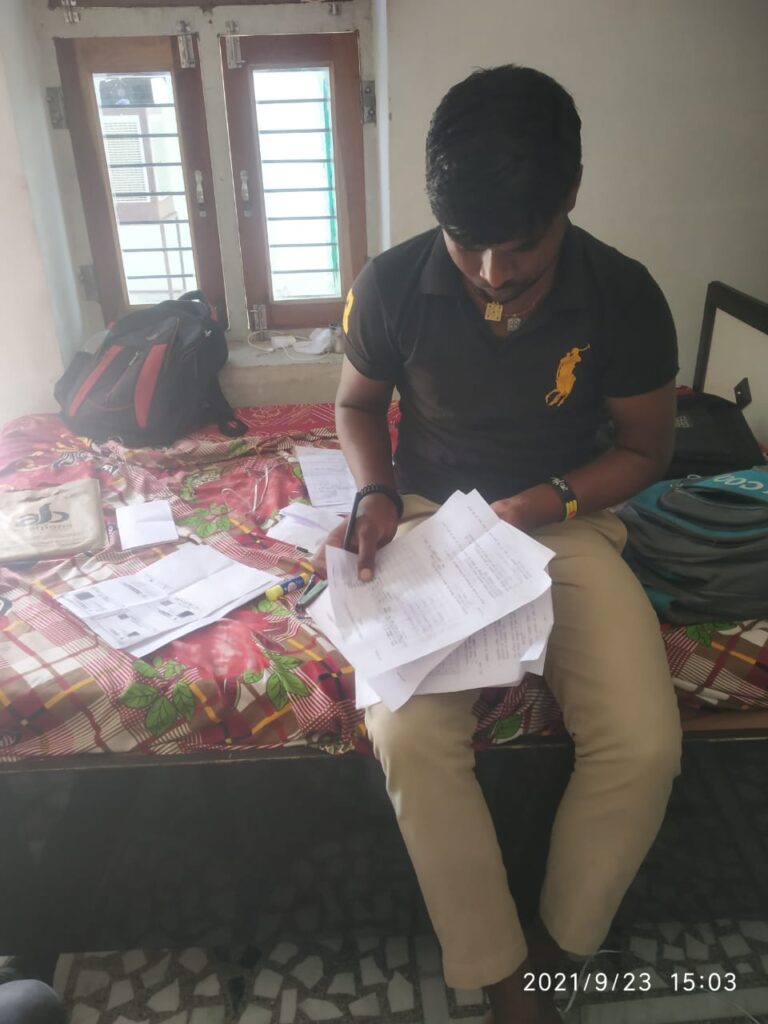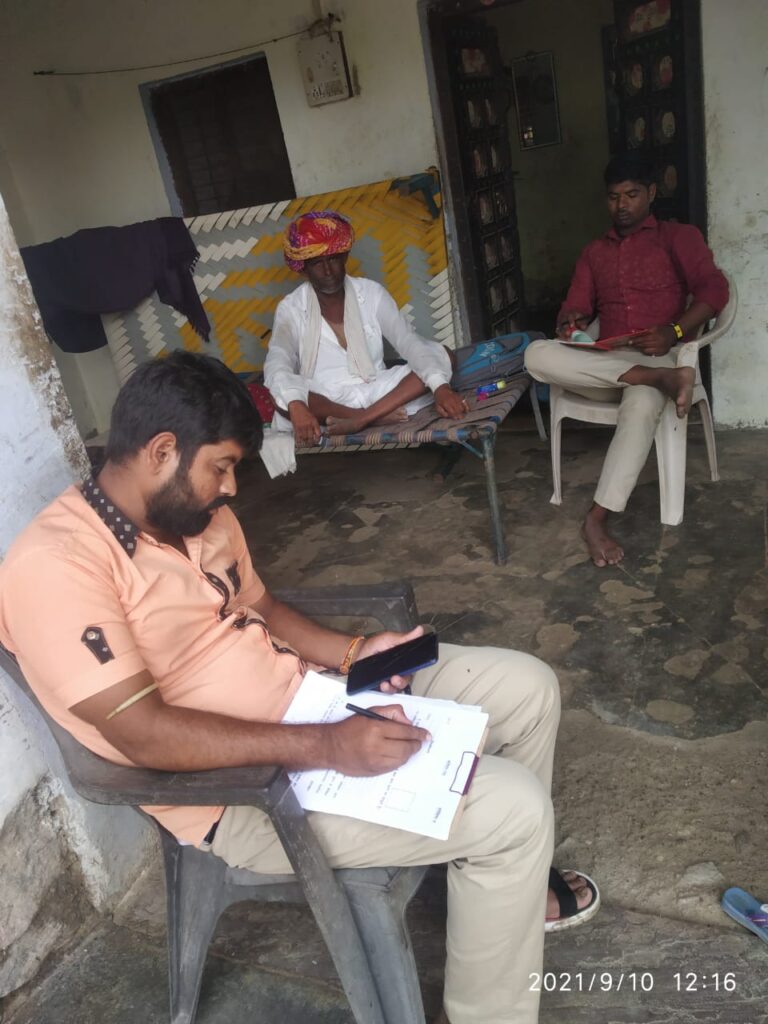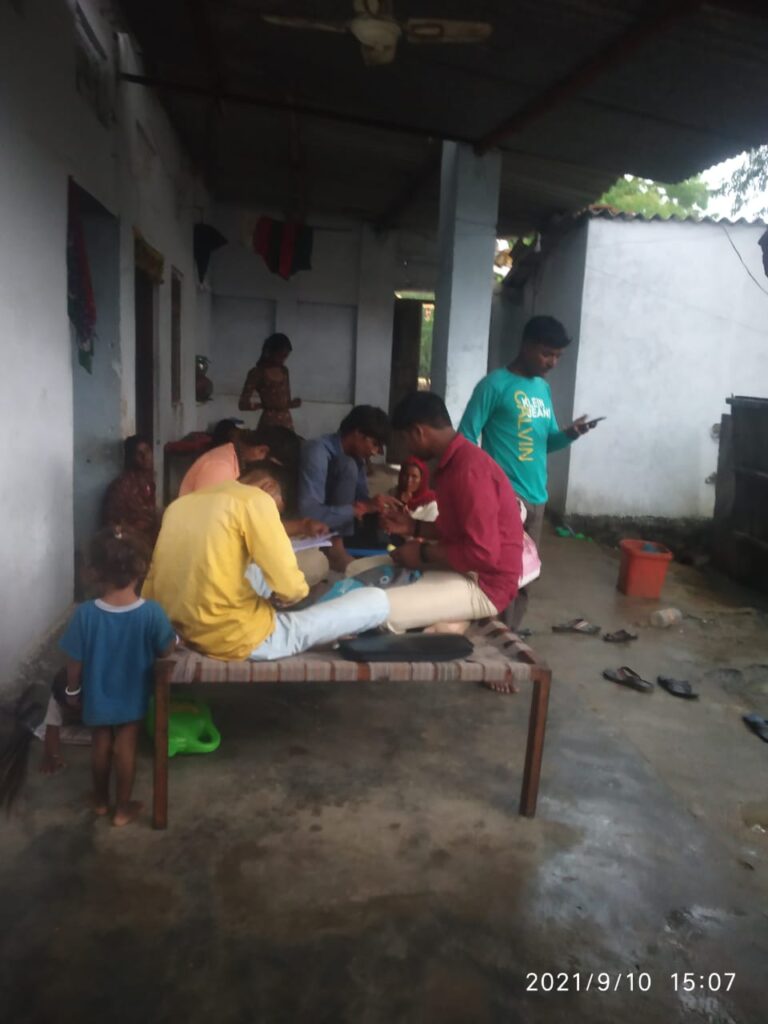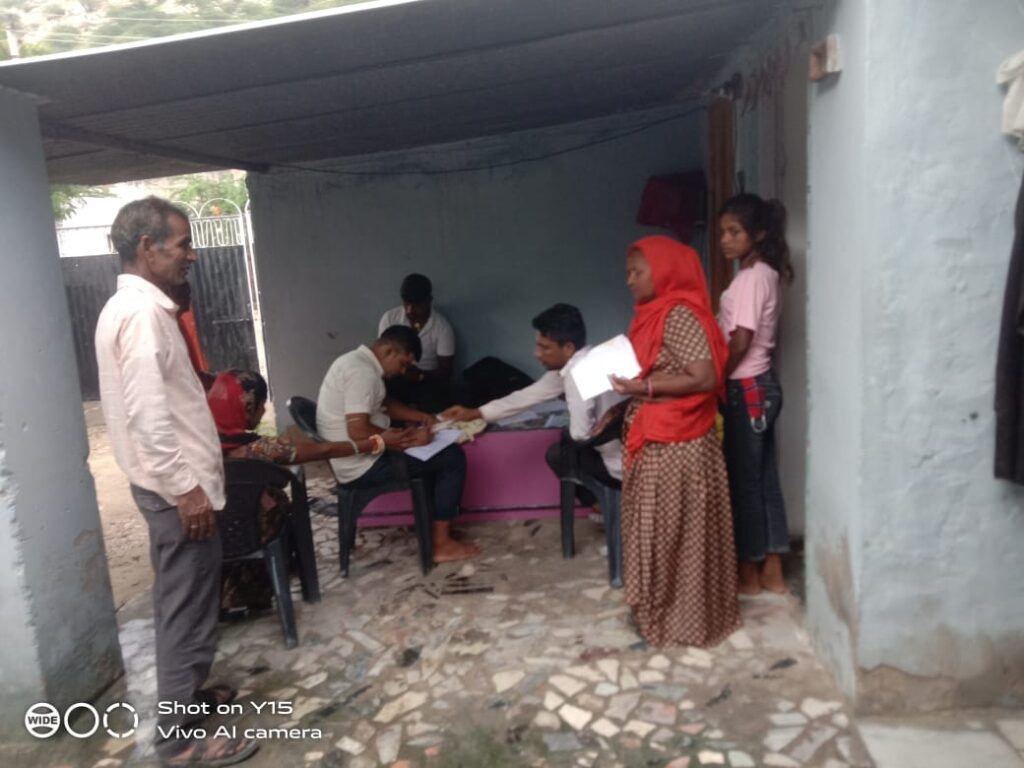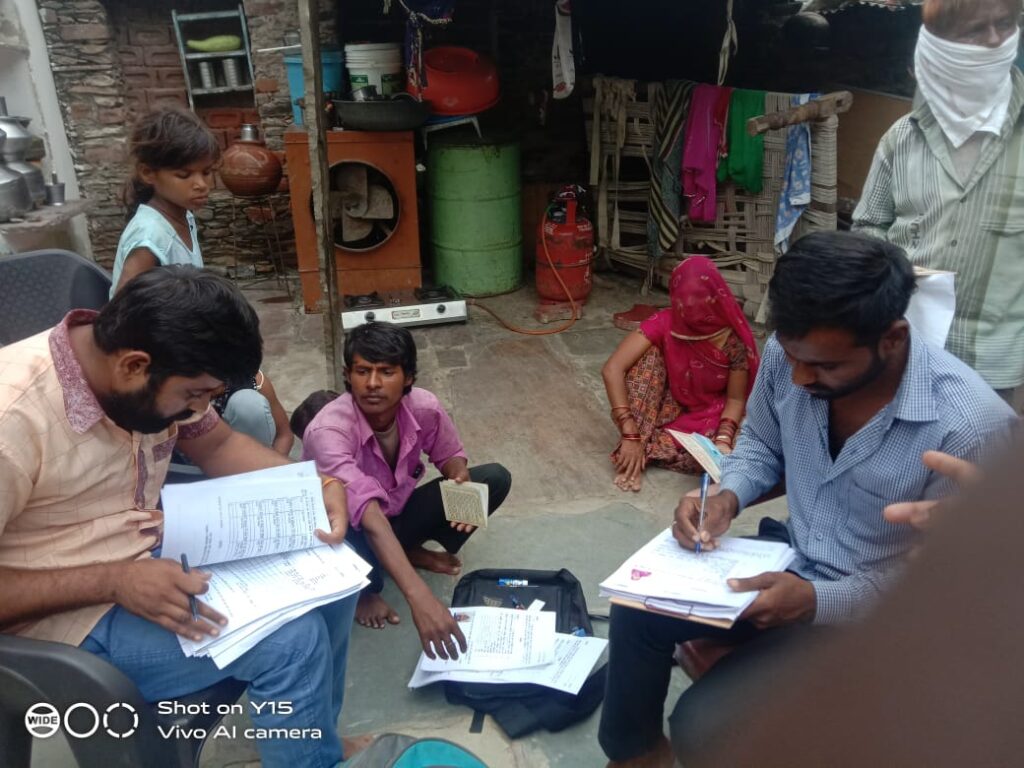Survey and Needful Assessment
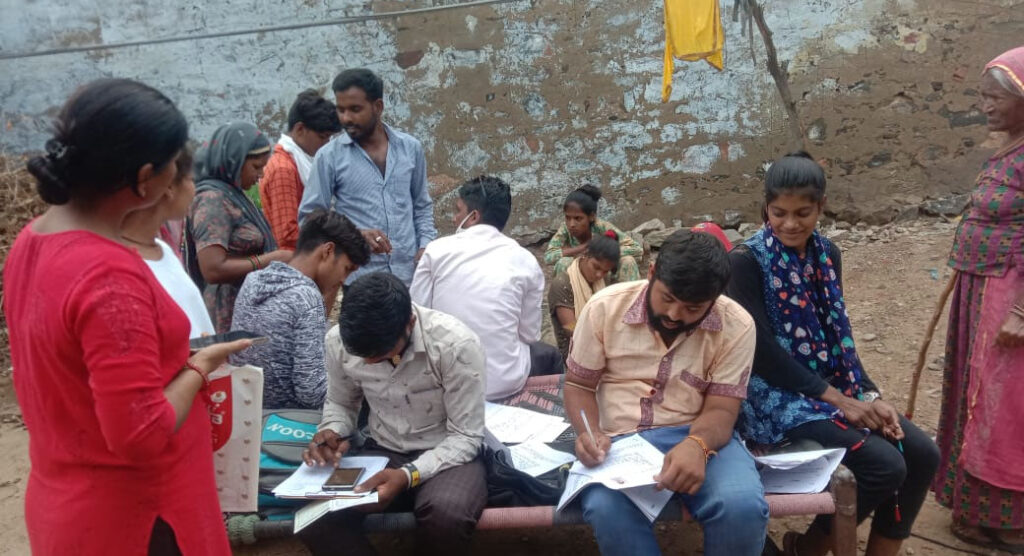
In our
ongoing commitment to contribute to the effective implementation of various
welfare schemes in Rajasthan, we recognize the pivotal role that a
comprehensive survey and assessment play in understanding the diverse
socio-economic landscape of the state. Through meticulous data collection and
analysis, we aim to provide the Rajasthan government with invaluable insights
into the nuanced needs of different segments of society, thereby fostering the
development of targeted and inclusive welfare programs.
Understanding
the caste composition of the population is essential for ensuring that welfare
schemes reach marginalized and disadvantaged communities. Our survey will delve
into the distribution of different castes, identifying areas where targeted
interventions are most needed to bridge socio-economic gaps.
Recognizing
the unique challenges faced by women in society, our survey will assess
gender-based disparities in various domains. This includes access to education,
healthcare, employment opportunities, and participation in decision-making
processes. The goal is to design gender-sensitive policies that empower and
uplift women in Rajasthan.
Economic
well-being is a crucial determinant of an individual’s overall quality of life.
Our survey will analyze the financial landscape by assessing income levels,
employment patterns, and access to financial resources. This data will enable
the government to tailor financial assistance programs to the specific needs of
different income groups.
Social
factors, such as access to social services, community infrastructure, and
overall living conditions, play a significant role in shaping individuals’
lives. Our survey will evaluate these social parameters to identify areas that
require targeted development initiatives, ensuring that no community is left
behind.
Education is
a key driver of social and economic progress. Our assessment will focus on
educational attainment levels across demographics, identifying barriers to
education and skill development. This information will inform strategies to
enhance educational access and quality for all segments of the population.
Understanding
the diverse professional landscape is essential for crafting employment and
skill development programs. Our survey will explore the distribution of
professions across different communities, shedding light on areas where
specialized training and support can boost economic opportunities.
The survey
and assessment process will involve a combination of quantitative and
qualitative methodologies, including interviews, questionnaires, focus group
discussions, and data analytics. Rigorous data validation processes will be
employed to ensure the accuracy and reliability of the information collected.
Targeted
Policy Formulation: The data obtained from the survey will serve as a
foundation for evidence-based policy formulation. By understanding the specific
needs of different demographic groups, the Rajasthan government can design
welfare schemes that address the root causes of inequality and uplift the most
vulnerable sections of society.
Resource
Optimization: A nuanced understanding of the socio-economic landscape will
enable the government to allocate resources more efficiently. By directing
resources to areas with the greatest need, the impact of welfare programs can
be maximized, fostering sustainable development.
Inclusive
Development: The survey results will facilitate the design of inclusive and
holistic development strategies. Tailoring interventions to the unique
challenges faced by different communities ensures that the benefits of welfare
schemes reach every corner of Rajasthan, contributing to the state’s overall
progress.
A
comprehensive survey and needful assessment are indispensable tools for
steering the ship of welfare schemes towards inclusive and equitable
development. By understanding the caste, gender, financial, social, education,
and professional dynamics within Rajasthan, we can collaborate with the
government to build a future where every citizen has the opportunity to thrive
and contribute to the state’s prosperity.
